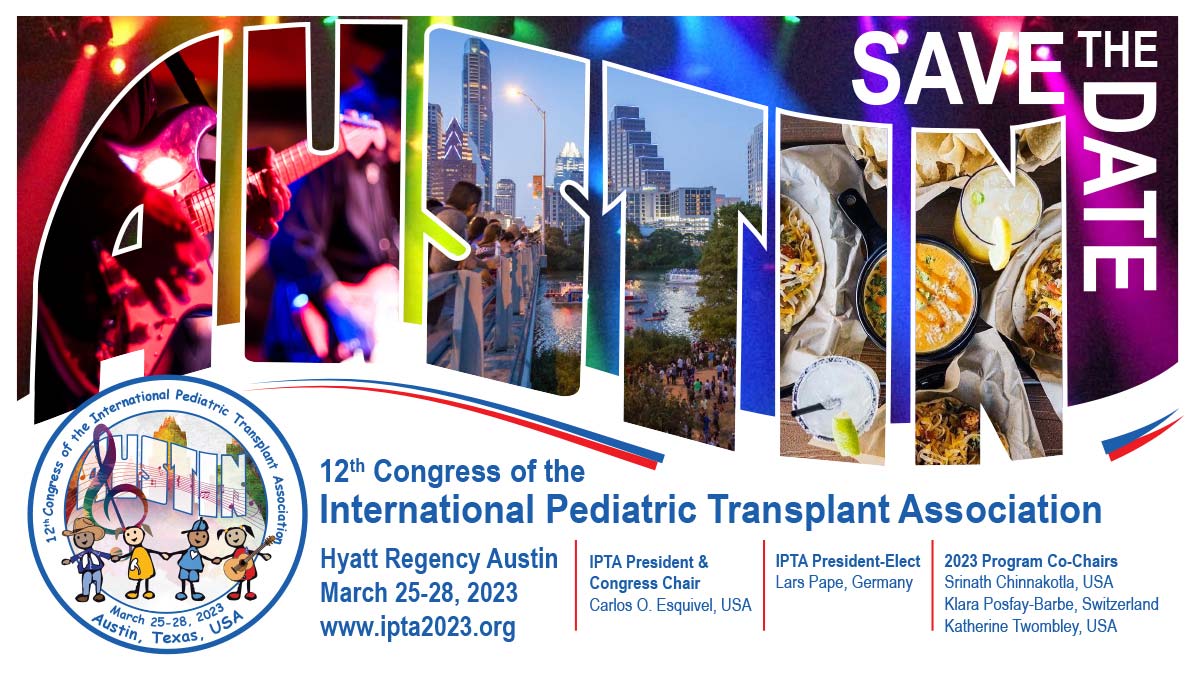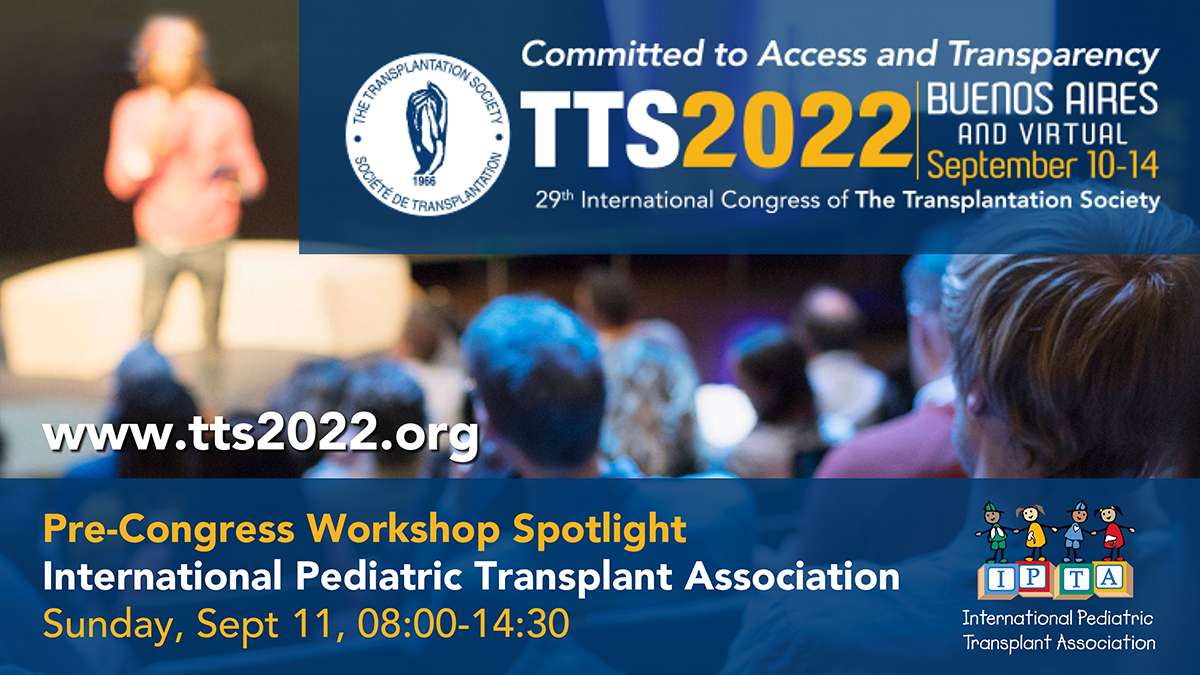
 Dear IPTA Colleagues,
Dear IPTA Colleagues,
One of the key elements of the mission of the International Pediatric Transplant Association is to advance the science and practice of pediatric transplantation worldwide in order to improve the health of all children who require such treatment. Our pediatric transplant recipients of child-bearing age present with added complexities in terms of short and long-term outcomes. Routinely prescribed immunosuppressive medications may be associated with heightened risks to a fetus, including miscarriage, prematurity and low birth weight, as well as a risk of death for both fetus and pregnant person. Further, in spite of extensive educational programs, pregnancy in adolescent/young adult transplant recipients remains a significant problem that mimics the non-transplant population. I am very concerned that the 24 June 2022 United States Supreme Court decision to overturn Roe v. Wade will present us with challenges and ethical dilemmas in providing care to our high-risk population.
As a leader of an international organization, I recognize global approaches to reproductive healthcare access vary. No matter where we practice, the health of our transplanted patients is our top priority, including transplant recipients who may need medical intervention to prevent or end a pregnancy. We stand in solidarity with our patients requiring transplantation and will always strive for their best outcomes. Our patients already face significant racial, ethnic, and socioeconomic disparities in prenatal care and obstetric outcomes. Overturning 50+ years of progress following the implementation of Roe v. Wade will only heighten inequalities that currently exist in the transplant field. We should always advocate for and act as the voice of our patients across the globe, providing unbiased, evidence-based advice and support.
I invite you to take a look through this issue of the Newsletter, catching up with the latest happenings within the Society. As you will see, abstract submissions have opened for IPTA’s 12th Congress in March 2023. We encourage all to submit their abstracts before the deadline of 6 September 2022. We also encourage nominations for the IPTA Congress awards, as well as for Officer and Council positions.
Wherever you reside in the world, I wish you a happy summer / winter, and hope that you all remain safe and well.
Yours sincerely,
Carlos O. Esquivel
IPTA President
Past Issues
IPTA Newsletters
- IPTA Newsletter - December 2025
- IPTA Newsletter - October 2025
- IPTA Newsletter - June 2025
- IPTA Newsletter - March 2025
- IPTA Newsletter - December 2024
- IPTA Newsletter - October 2024
- IPTA Newsletter - May 2024
- IPTA Newsletter - February 2024
- IPTA Newsletter - November 2023
- IPTA Newsletter - September 2023
- IPTA Newsletter - May 2023
- IPTA Newsletter - March 2023
- IPTA Newsletter - December 2022
- IPTA Newsletter - October 2022
- IPTA Newsletter - July 2022
- IPTA Newsletter - May 2022
- IPTA Newsletter - December 2021
- IPTA Newsletter - October 2021
- IPTA Newsletter - June 2021
- IPTA Newsletter - October 2020
- IPTA Newsletter - June 2020
- IPTA Newsletter - March 2020
- IPTA Newsletter - December 2019
- IPTA Newsletter - September 2019
- IPTA Newsletter - July 2019
- IPTA Newsletter - April 2019
- IPTA Newsletter - December 2018
- IPTA Newsletter - September 2018
- IPTA Newsletter - June 2018
- IPTA Newsletter - March 2018
- IPTA Newsletter - December 2017
- IPTA Newsletter - September 2017
- IPTA Newsletter - December 2016
- IPTA Newsletter - September 2016
Contact
Address
The Transplantation Society
International Headquarters
740 Notre-Dame Ouest
Suite 1245
Montréal, QC, H3C 3X6
Canada
Используйте Вавада казино для игры с бонусом — активируйте промокод и начните выигрывать уже сегодня!








